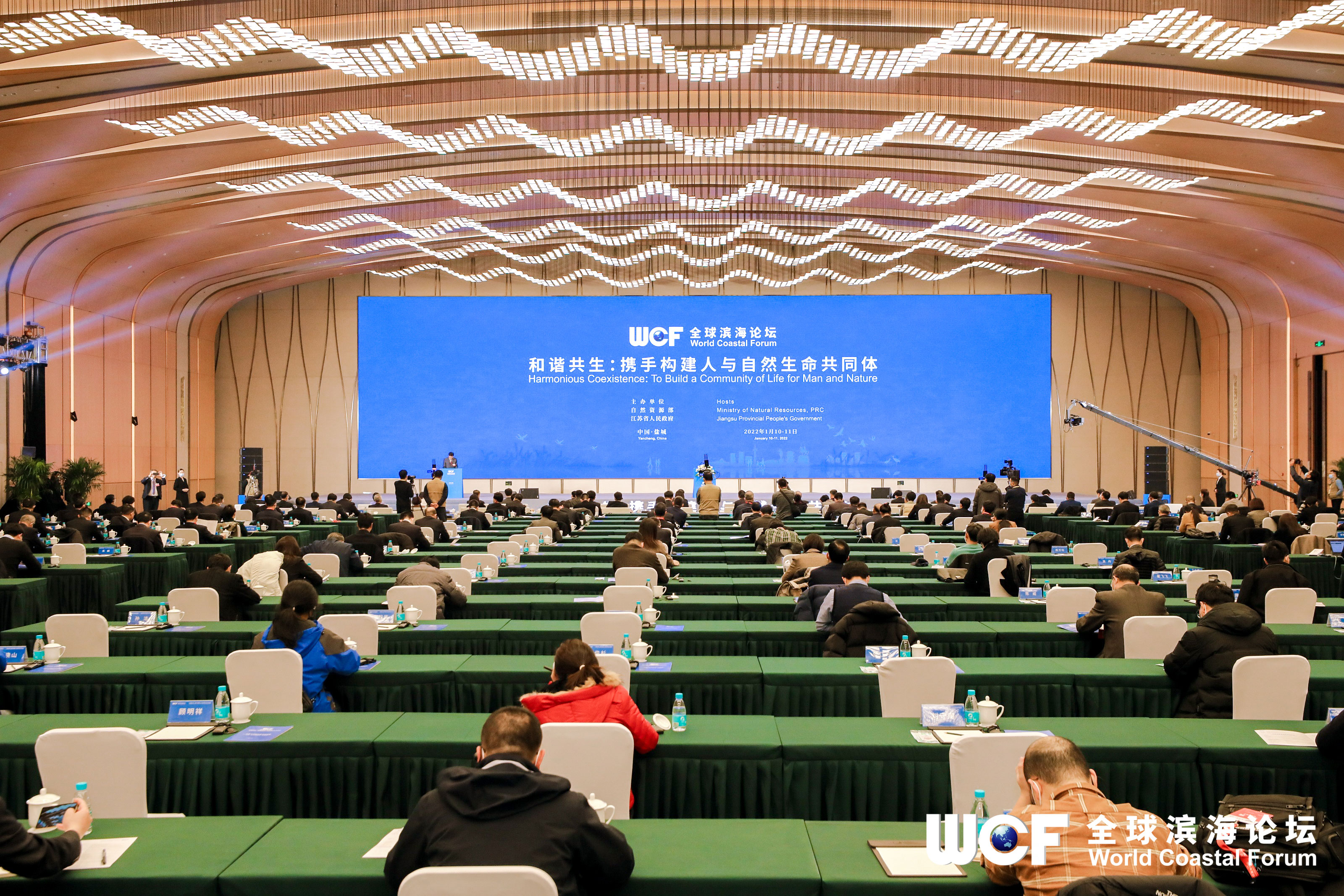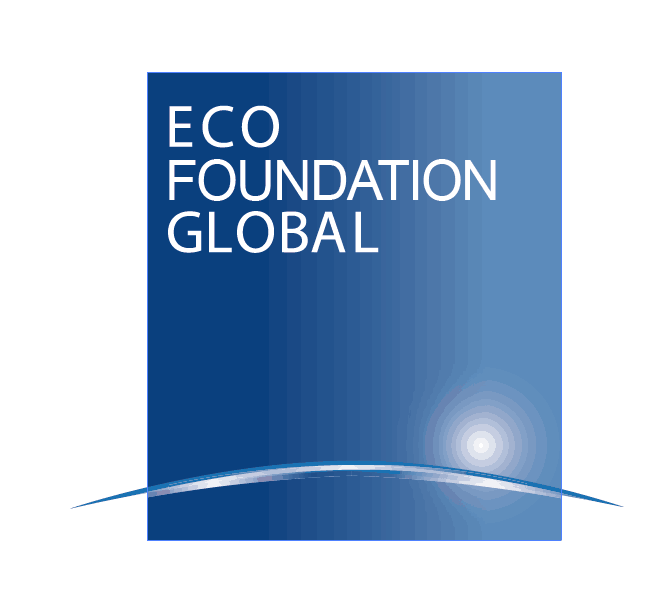World Coastal Forum (WCF) Kicks off in Yancheng, Jiangsu Province
On January 10, the World Coastal Forum (WCF) was kicked off in Yancheng, Jiangsu Province. The Forum was co-sponsored by the Ministry of Natural Resources (MNR) of China and the Jiangsu Provincial people's Government with the theme of "Harmonious Coexistence: To Jointly Build a Community of Life for Man and Nature". The Forum included a series of activities such as the opening ceremony and ministerial forum, International Advisory Meeting, specialist symposium, local government round-table conference, and youth coastal wetland protection forum.

More than 300 people, including representatives from domestic and foreign government departments, international organizations and foreign embassies in China, experts, scholars, and youth representatives, attended the Forum. They shared their knowledge and experience on solutions for the protection, management and sustainable development of coastal areas around the world.
Wang Hong, Vice Minister of Natural Resources and Director of the State Oceanic Administration of China, attended and addressed the opening ceremony and ministerial forum. He introduced China's philosophy, policies and practical experience in promoting ecological civilization construction and achieving high-quality development to the international communities, and put forward major measures such as building a new pattern for land and sea space protection and development, improving the land and sea space governance, promoting the ecological protection and restoration of land and sea space, and strengthening international cooperation in coastal ecological protection. He also reported on Chinese schemes and valuable experiences in promoting the sustainable development of coastal areas to the world.
Chu Yonghong, deputy governor of Jiangsu Provincial People's Government gave a welcome speech to the Forum. He introduced Jiangsu's practice and experience in promoting high-quality green development in coastal areas, and put forward corresponding measures such as implementing the green mission, building an institutional platform for global ecological governance, promoting the practice of research achievement in industries and enhancing the efficiency of ecological governance.
Heads from important international organizations, including Qu Dongyu, Director-General of the Food and Agriculture Organization of the United Nations (FAO), Martha Rojas Urrego, Secretary General of the Ramsar Convention, Bruno Oberle, Director-General of the International Union for Conservation of Nature (IUCN), delivered speeches to the Forum. They introduced the important agenda and issues of coastal protection to the international communities, emphasizing promotion of sustainable development by jointly strengthening the global coastal ecological protection. Finally, they wished the Forum would achieve a full success.
Ministerial officials and representatives of relevant departments in Russia, the United Kingdon, Portugal, South Korea, Indonesia, Cambodia, Peru, Colombia, Seychelles and other countries made speeches on the Forum. They shared their measures and practices in coastal ecological protection and restoration, and called for strengthening coastal ecological protection and rational utilization through international cooperation and adopting pragmatic and effective solutions.
Coastal areas, which connect land and sea, are endowed with unique ecological system and natural resources, and are the most active areas for economic and social development. Due to climate change and greatly increased human coastal development, coastal areas are facing a sharp decline in biodiversity, fragile ecosystem and frequent natural disasters. Coastal ecological protection is facing complicated situations and arduous tasks, which has become a common challenge for all countries.
Several conventions, such as the Ramsar Convention on Wetlands, the Convention on Biological Diversity, and Convention on Migratory Species and the International Union for Conservation of Nature, have called for the establishment of a global coastal forum, to focus on accelerating the protection, conservation, restoration and sustainable utilization of coastal wetlands, and the harmonious coexistence between man and nature.
The Forum shall represent the common aspiration of the international communities. Focusing on such issues as coastal wetland conservation, sustainable development of world heritage, nature-based solutions, and ocean carbon sinks, participants agreed that coastal protection is a common issue for all countries. We should advance the establishment of an international platform for global coastal protection with the participation of all stakeholders to build consensus and take common actions. It is necessary to protect coastal biodiversity, sustainably manage world heritage, prevent risks of disaster and promote human welfare.
Nature-based solutions are effective means and ways to realize the protection, restoration and sustainable management of coastal wetlands, and to solve the contradiction between current economic development and environmental protection. Based on this scientific method and practice, we should formulate coastal planning and governance countermeasures that meet the objective needs of ecological conservation.
Ocean carbon sinks play an irreplaceable role in regulating global climate. We should promote the investigation and restoration of the ocean blue carbon ecosystem, explore and developing trading modes of marine carbon in coastal areas, and carry out a scientific plan of ocean-based negative carbon emissions on a global scale, which is of great significance in achieving carbon neutrality.
The meeting reached a positive consensus and achieved fruitful results. First, it spread President Xi Jinping's thoughts on ecological civilization to the world, shared China's experience, wisdom and schemes in protecting the coastal ecosystem. Second, it was supported and appreciated by many countries and international organizations, laying a solid foundation for further effective actions and pragmatic cooperation. Third, it reached a consensus on advancing the institutionalization of the World Coastal Forum, and built an important platform for protecting biodiversity, addressing climate change, promoting sustainable development and implementing global development initiatives.
